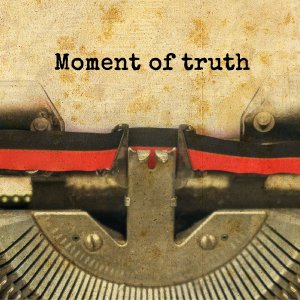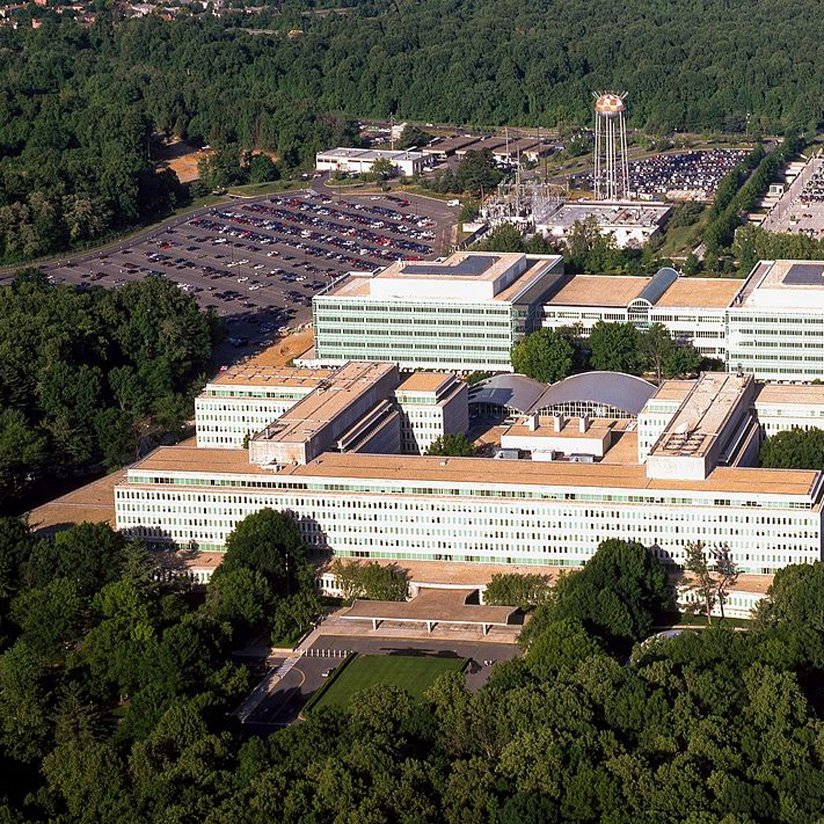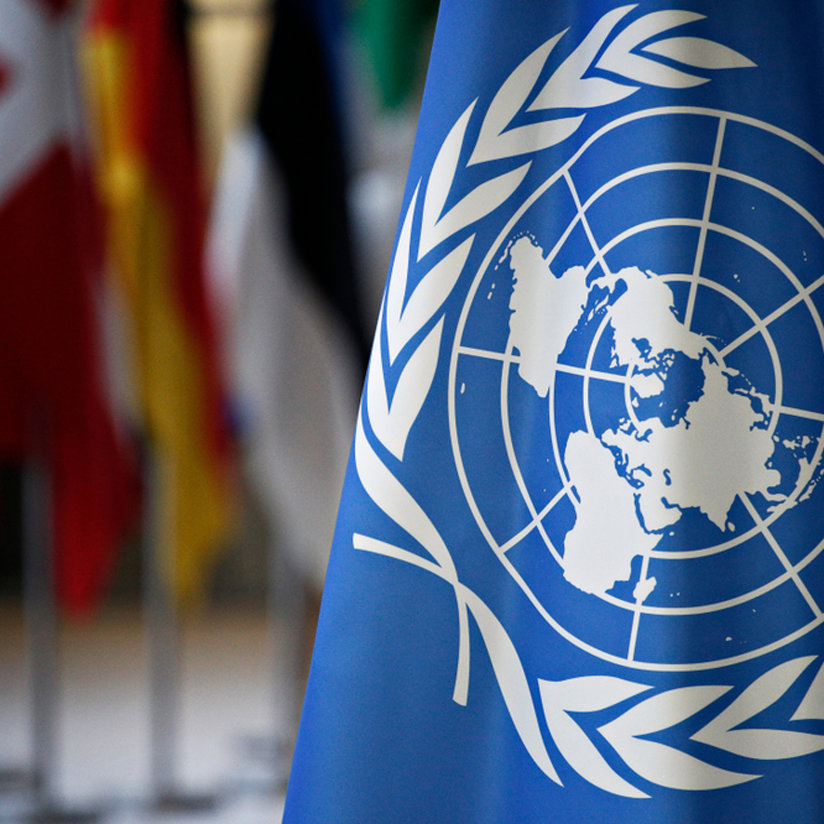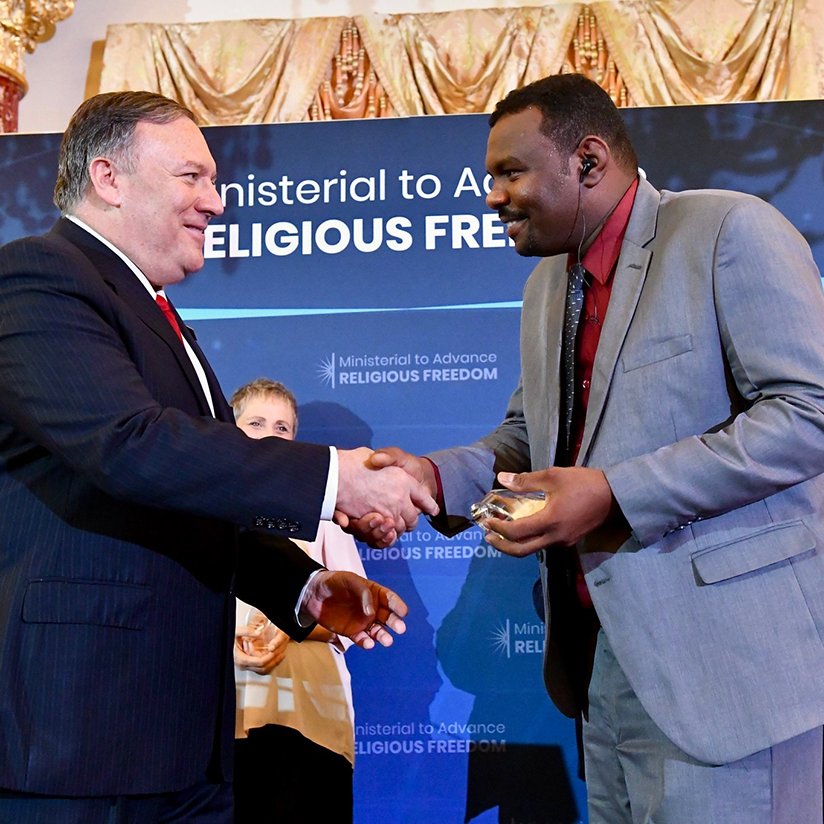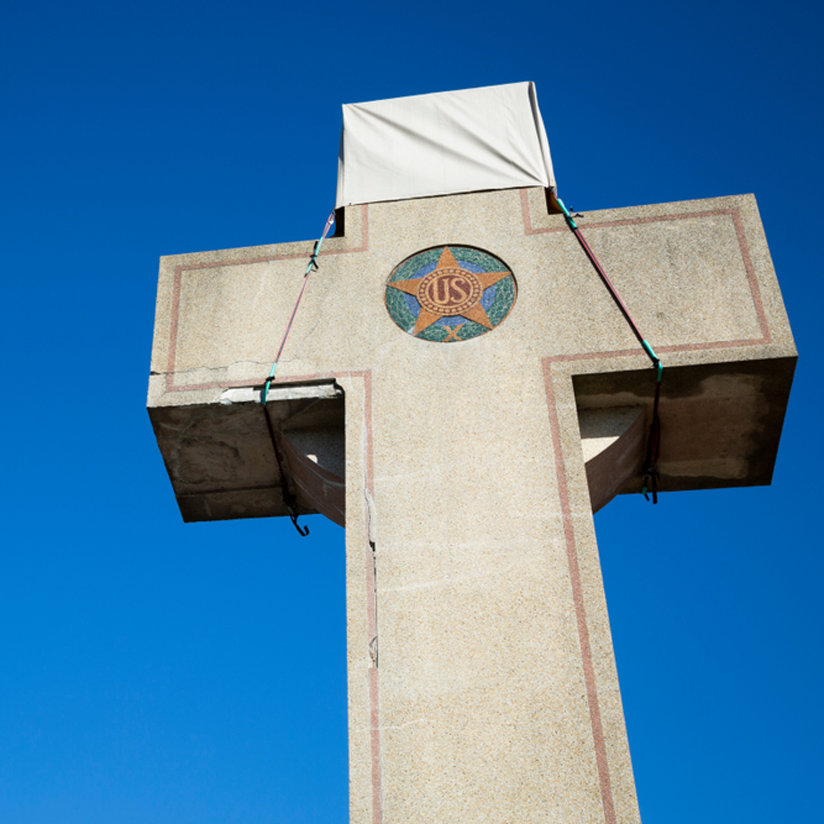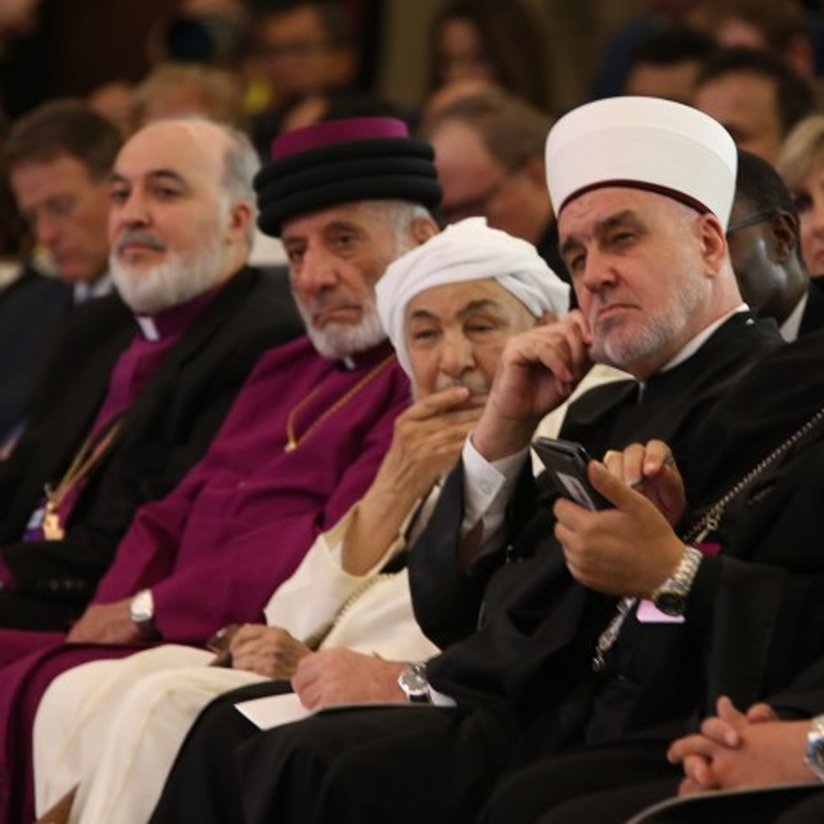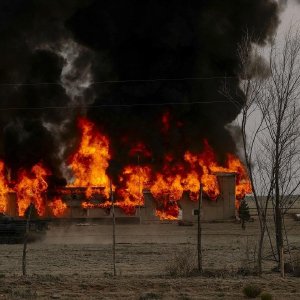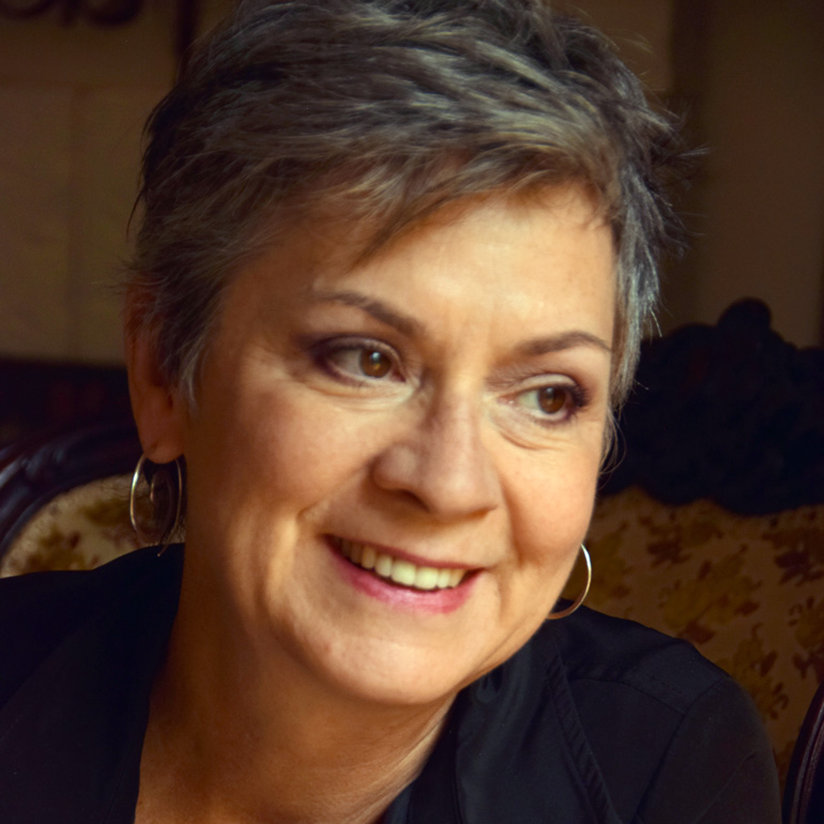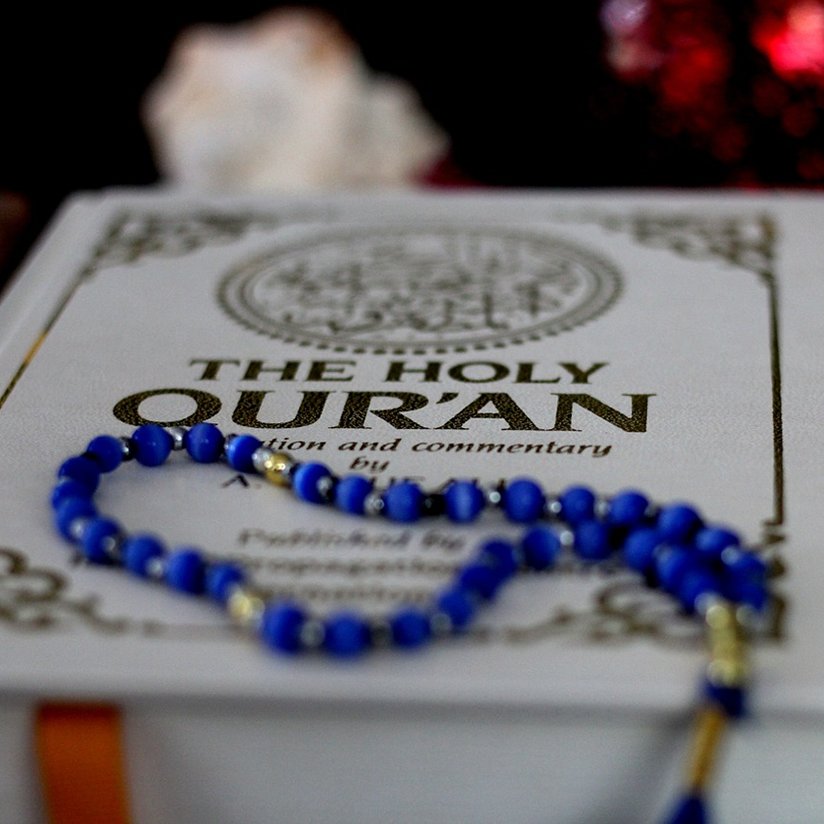BLOG
Religious Freedom
RELIGIOUS FREEDOM
A friend of mine who lived among the native Inuits of far Northern Canada told me that if a person in the community, through his or her behavior, attitude and refusal to change, had now become a liability to others, he would simply “disappear” for the community. People would literally no longer see, communicate or acknowledge the person in any way, shape or form, even if he was standing right there. He would literally cease to exist, as far as the community went. Then, once he got his act together, people would once again see and acknowledge him.
RELIGIOUS FREEDOM
To this day, the assailants that closed in on Ryan’s fallen body and riddled it with rifle and shotgun blasts have not been conclusively identified, although as many as a dozen or so “possibles” have been named in connection with the attack. And so, as in the case of Congressman Hinds, the killers of Congressman Ryan escaped accountability from any court of law.
RELIGIOUS FREEDOM
There’s a day that now comes right after the International Day of Remembrance and Tribute to the Victims of Terrorism. Because hand in hand with terrorism comes Violence Based on Religion or Belief.
RELIGIOUS FREEDOM
Some smells made customers stay longer. Others had them fleeing the premises. The research also found odors needed to be appropriate—the smell of fish in a leather store, for example, probably wasn’t going to lead to higher pocketbook sales.
RELIGIOUS FREEDOM
More than 30 years ago, Ivanir dos Santos began combating racial discrimination and promoting rights of members of minority groups; he has never faltered in that mission. Today a priest of the much-discriminated-against Candomblé religion, Mr. dos Santos’ most visible achievement is the “Walk in Defense of Religious Freedom” in Rio de Janeiro. The walk has become “an annual event that draws some 50,000 participants from diverse religious backgrounds, including Candomblé, Muslims, Jews, Christians, Buddhists, Spiritualists, and atheists.”
RELIGIOUS FREEDOM
The United States Supreme Court recently ruled that a 40-foot-high cross honoring residents of the Maryland town of Bladensburg killed in World War I will be allowed to remain on the public land for which it has stood for almost one hundred years.
RELIGIOUS FREEDOM
It was a big event: on its final day, a participant reported, “Close to 900 members of civil society and religious groups attended. By my count, we had 36 panels and 186 speakers over those two days (give or take a few). Over 100 governments coming today!”
RELIGIOUS FREEDOM
In the weeks prior to the tragic raid, one such demagogue, the notorious convicted felon Rick Ross of the now defunct Cult Awareness Network, appeared on several network news shows and revealed that he had been “briefing” both the FBI and the ATF with his poisonous rhetoric.
RELIGIOUS FREEDOM
Religion is extremely valuable to society, but only when people are free to examine the subject for themselves and draw the conclusions that seem right to them.
RELIGIOUS FREEDOM
The origins of Islam in the U.S. today trace back to one simple concept, one word, three syllables: sla-ve-ry. When Ilhan Omar joined Rashida Tlaib in the House of Representatives at the beginning of January, 2019, wielding a huge copy of the Quran, she became the first Somali-American in Congress. A person of color and a Muslim, Omar fled Somalia as a child and emigrated to America at the age of 13.

